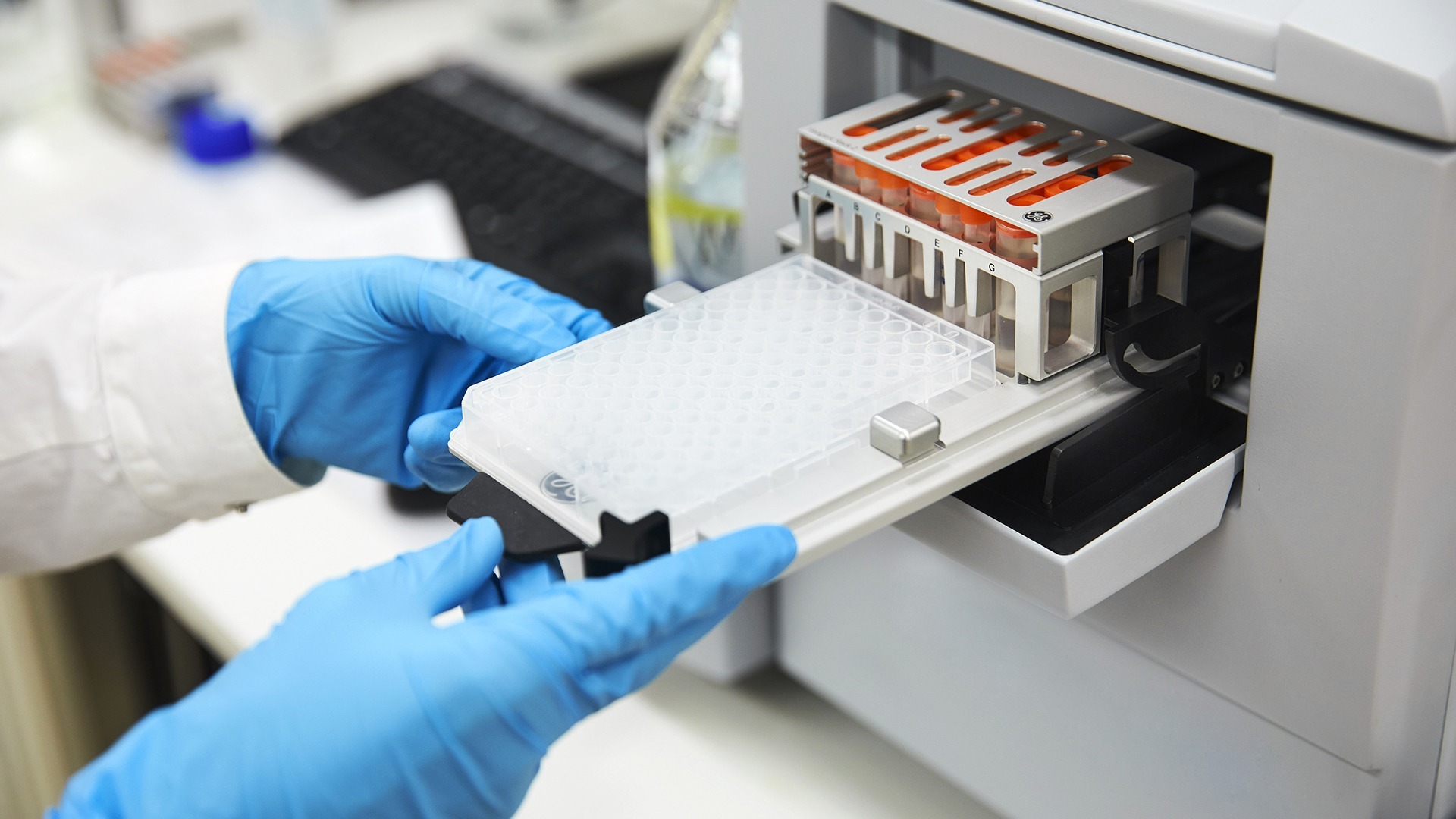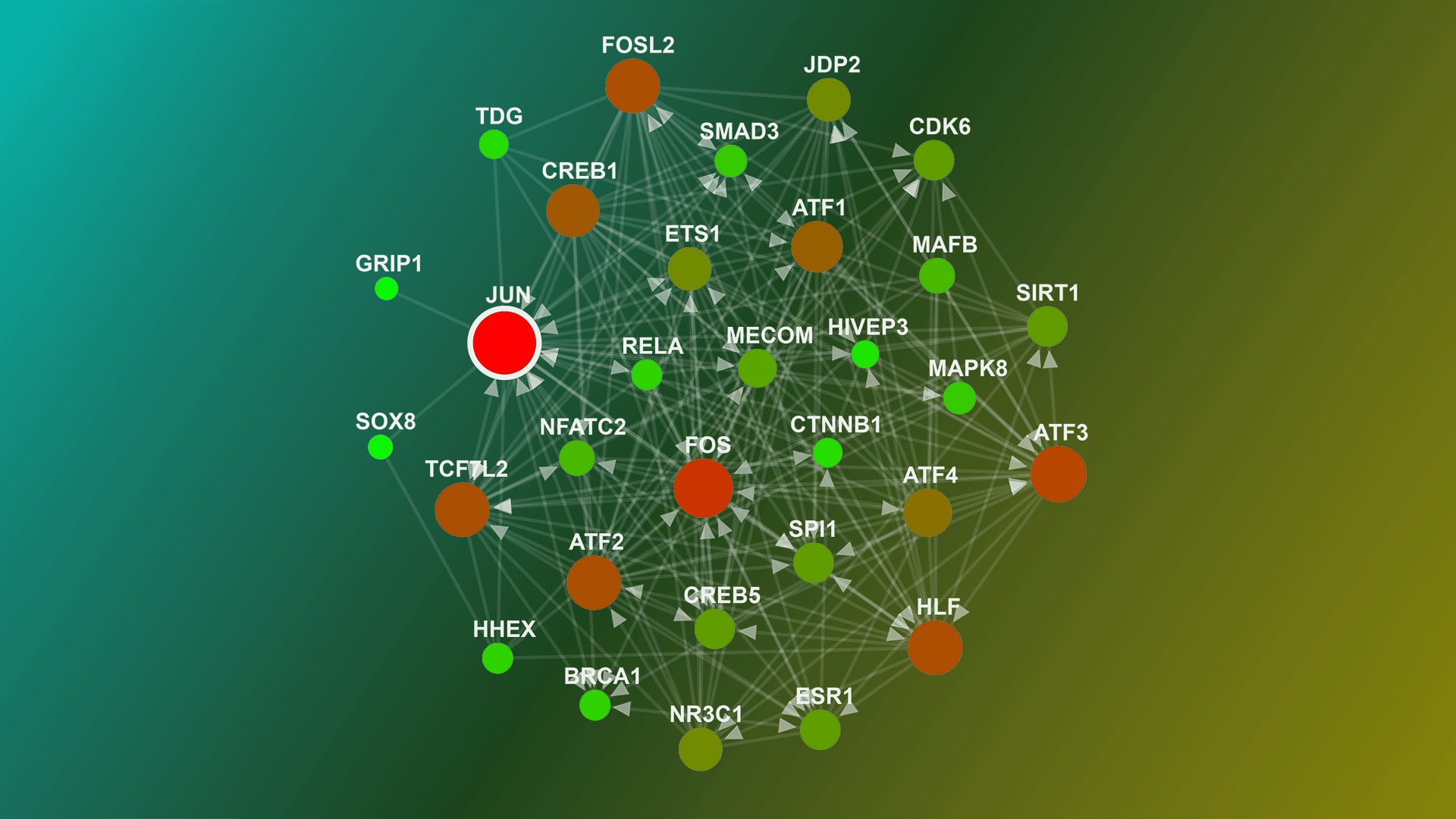New DDLS Fellow: Camila Consiglio
It is time to present our next SciLifeLab & Wallenberg National Program for Data-Driven Life Science (DDLS) fellow, Camila Consiglio (LU). Learn more about Camila in our lates Q&A-style article. She will be joining the Epidemiology and biology of infection research area.
Camila is originally from Brazil, where she obtained her BS and MSc (Federal University of Rio Grande do Sul, in Porto Alegre, Brazil). She pursued her PhD in Immunology at Roswell Park Comprehensive Cancer Center (Buffalo, USA), which also included a short stay at Institut Pasteur (Paris, France), where she investigated how biological sex impacts immune responses in cancer and during infection. After her PhD, she wanted to interrogate the immune system of humans using a more comprehensive approach that would allow for a better understanding of how different immune components (cell subsets, phenotypes, proteins, etc) interplay with one another. She then moved to Sweden for her postdoc where she became a Marie Skłodowska-Curie Fellow at Karolinska Institutet (Stockholm, Sweden). At KI, she applied systems immunology methods to understand human immunity in the context of COVID-19 and in the regards to biological sex.
How do you think your expertise can contribute to the program?
We are now in an era of unprecedented technology development, where the combination of high throughout technologies and clinical sampling allow for a deep and comprehensive characterization of human health and disease. The future of medical research relies on the ability of scientists to bridge biomedical and computational expertise to deconvolute such complex layers of molecular data and pave the way for delineating novel therapies for infectious and immune-related diseases. Our lab’s strength relies on our ability to combine unique wet and dry lab expertise in systems immunology to bridge this gap, and better understand the emergence, mechanisms, and consequences of sex differences in human immunity.
Shortly describe your research in an easy to understand way
The Consiglio Lab investigates how biological sex impacts human immunity using systems immunology approaches. Generally, females mount more robust immune responses than males, resulting in lower severity of infections, decreased frequency of cancer, but increased prevalence of autoimmunity. Yet, we do not fully understand the precise mechanisms that underlie such sex discrepancies. Our lab combines high throughput multiomics technologies with state-of-the-art computational methods to understand mechanisms of sex differences in human immunity.
How do you think the program and interactions with the other DDLS-Fellows will benefit you?
I am thrilled to set up my own research group and be embedded in a national program with other data-driven life scientists. The interactions with other DDLS-Fellows will greatly widen my horizons in terms of learning, network-building, professional development, and exposure to diversity.
Name one thing that people generally do not know about you.
I enjoy combining my (amateur) artistic skills with my love for science. I like to create science-inspired illustrations and engage in science-art projects.
Where do you see yourself in five years regarding the DDLS aspect?
I hope to find myself in five years as excited as I am now that I am starting my own group. I aim to provide young scientists with a supportive environment and a strong training path in systems immunology. Although biological sex significantly impacts immune responses and disease susceptibility and progression, it is often neglected during treatment strategies. I envision that our research will uncover important mechanisms underlying sexual dimorphism in immunity that can be leveraged to better design and optimize immunomodulatory therapies to infectious and immune-mediated diseases.
In one word, describe how you feel about becoming a DDLS-Fellow.
Enthusiastic





